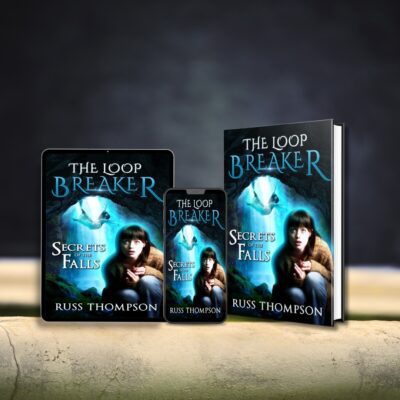AI for book marketing is everywhere right now. These tools promise to make your book “discoverable” with the right keywords, audience targeting, and even automated ad campaigns. Sounds amazing, right? But here’s the catch: readers still crave human connection. A clever algorithm might get your book in front of eyeballs, but only your genuine story and voice will convince people to click “buy.” The smartest strategy? Use AI to analyze data, but keep your heart in the message.
What AI Does Well in Book Marketing
Let’s give AI some credit. It’s fantastic with numbers. Book marketing with AI can help authors crunch reader data, find trending keywords, and even suggest ad copy that gets attention. Here are a few places where AI shines:
- Ads that target the right readers. Instead of guessing, AI can analyze demographics, behaviors, and interests to place your book where your audience hangs out.
- Metadata optimization. From keywords to categories, AI tools can scan market data and recommend the best terms to boost visibility.
- Quick copy drafting. Need five versions of a tagline or blurb? AI can churn them out in seconds, giving you a starting point to polish.
- Outreach suggestions. Some AI tools can even suggest book reviewers, podcasts, or blogs that align with your genre. Reedsy’s list of AI tools for authors is a great place to see what’s available.
In short, AI book promotion works best as a powerful assistant. It’s fast, tireless, and focused on patterns humans might miss.
Where AI Falls Flat in Book Marketing
Here’s the truth: AI for author marketing can point people to your book, but it can’t make them care. Marketing isn’t just about visibility—it’s about connection. Readers don’t want a robot’s version of enthusiasm; they want you.
- AI lacks emotional nuance. A blurb might check all the boxes but still feel flat if it doesn’t carry your authentic voice.
- Over-automation risks sounding generic. If every post, email, or ad is AI-generated, your brand may blur into the background noise.
- Human trust matters. Readers are more likely to buy from someone who shares real stories, not just polished pitches.
Think of it this way: AI can set the stage, but you’re still the performer.
Related Reading: Beyond the Hashtag: Real Connections in a Digital Age
Finding the Balance in AI for Book Promotion
So how do you use AI without losing your voice? The sweet spot is a data-driven strategy powered by AI for book marketing, balanced with human storytelling.
- Let AI handle the keyword research, then rewrite your metadata so it feels natural and engaging.
- Use AI to draft multiple ad versions, but pick the one that feels most aligned with your book’s spirit.
- Run automated campaigns, but follow up with personal touches—behind-the-scenes updates, heartfelt newsletters, or quirky author notes.
AI is at its best when it amplifies your work, not when it replaces it.
Smart Boost or Hollow Hype?
The answer depends on how you use it. AI can give your book marketing a smart boost, saving you time and helping you find the right audience. But if you lean on it too heavily, it risks becoming hollow hype: flashy but forgettable.
Your readers buy a relationship with the person behind it. AI can open the door, but only you can invite them in.
At Winterwolf Press, we believe marketing should never drown out authenticity. AI might sharpen your strategy, but your words and heart are what readers remember. (Want more tips? Check out our article on author branding to learn how to build lasting trust with your audience.)







